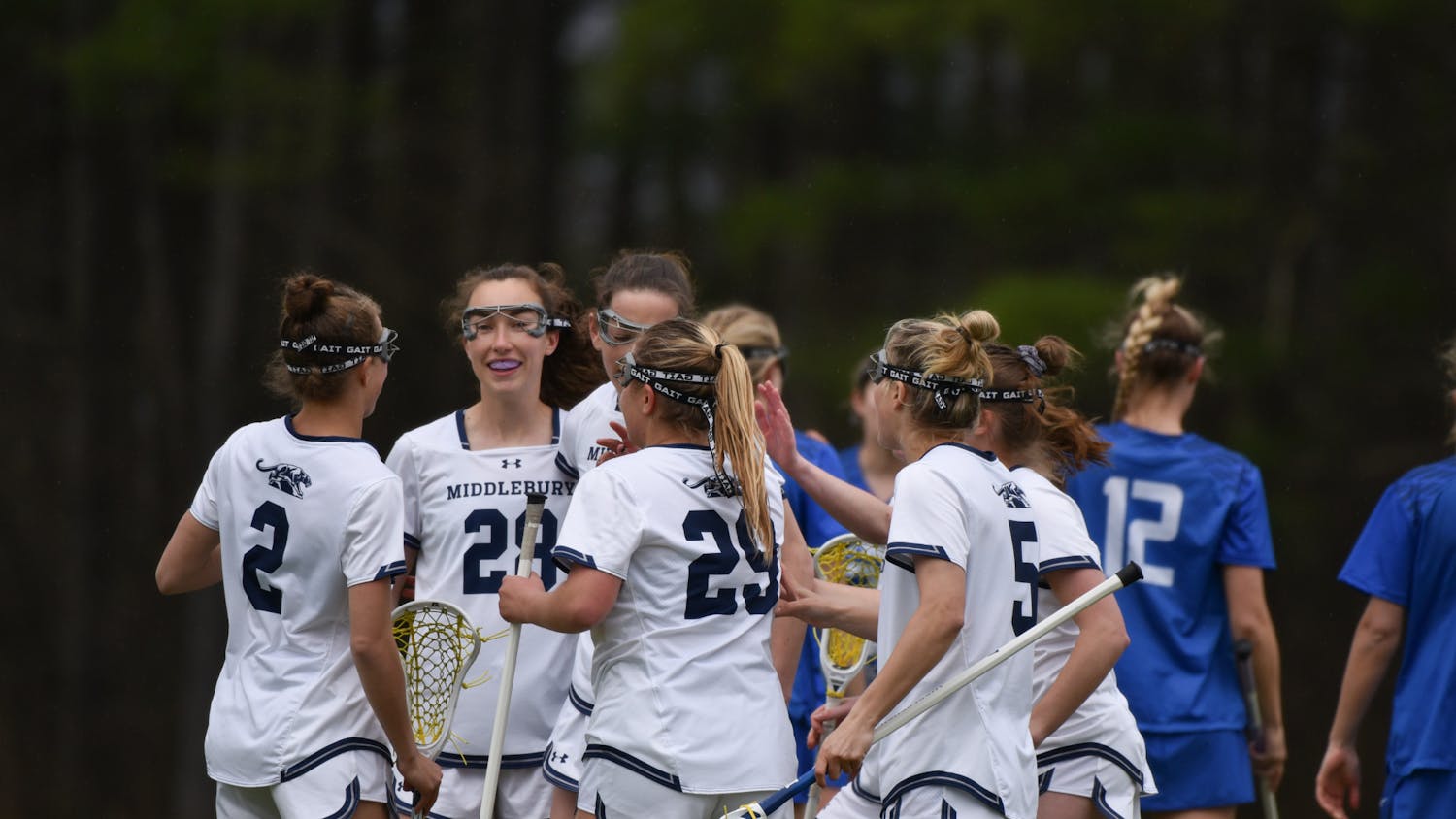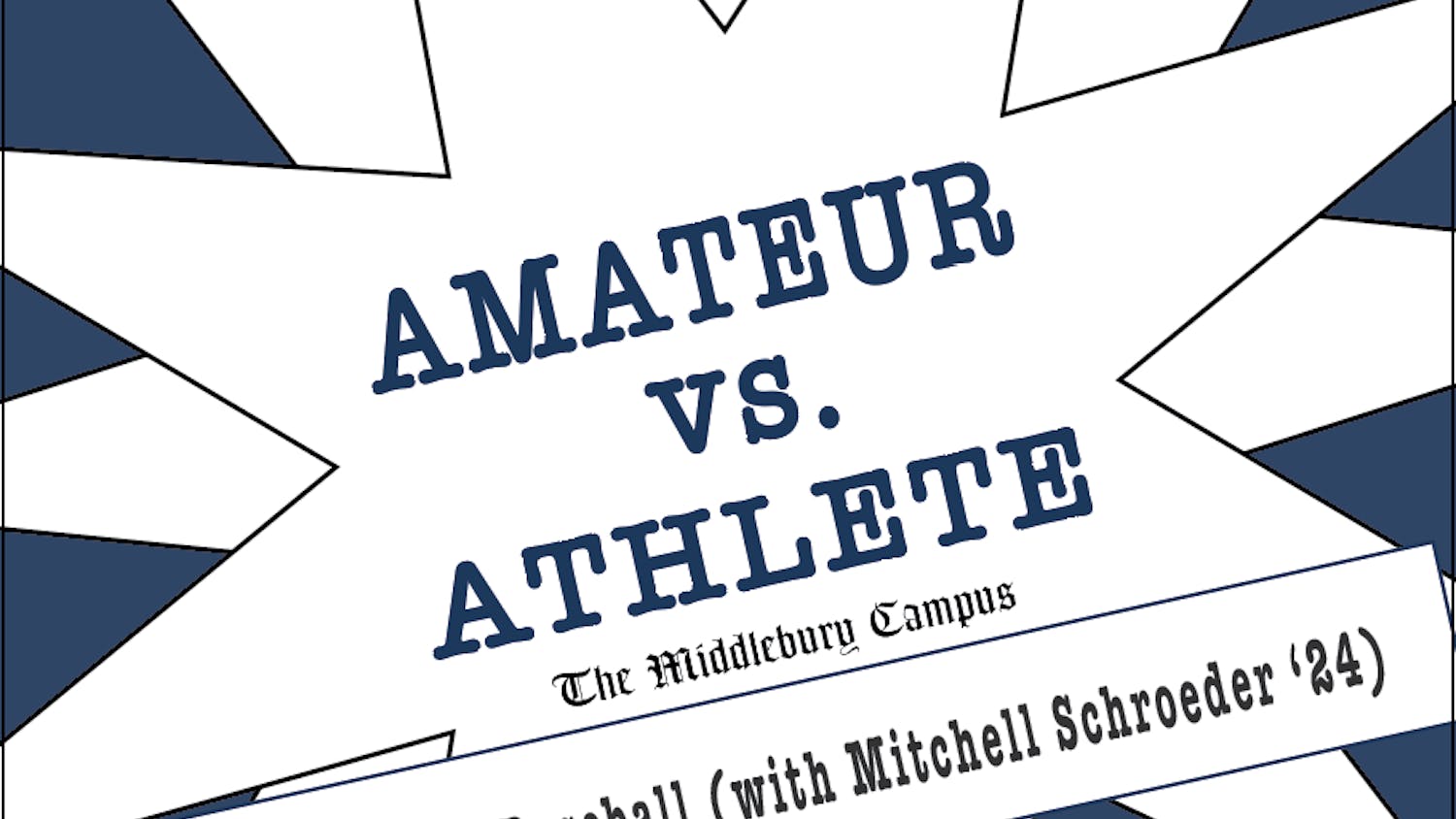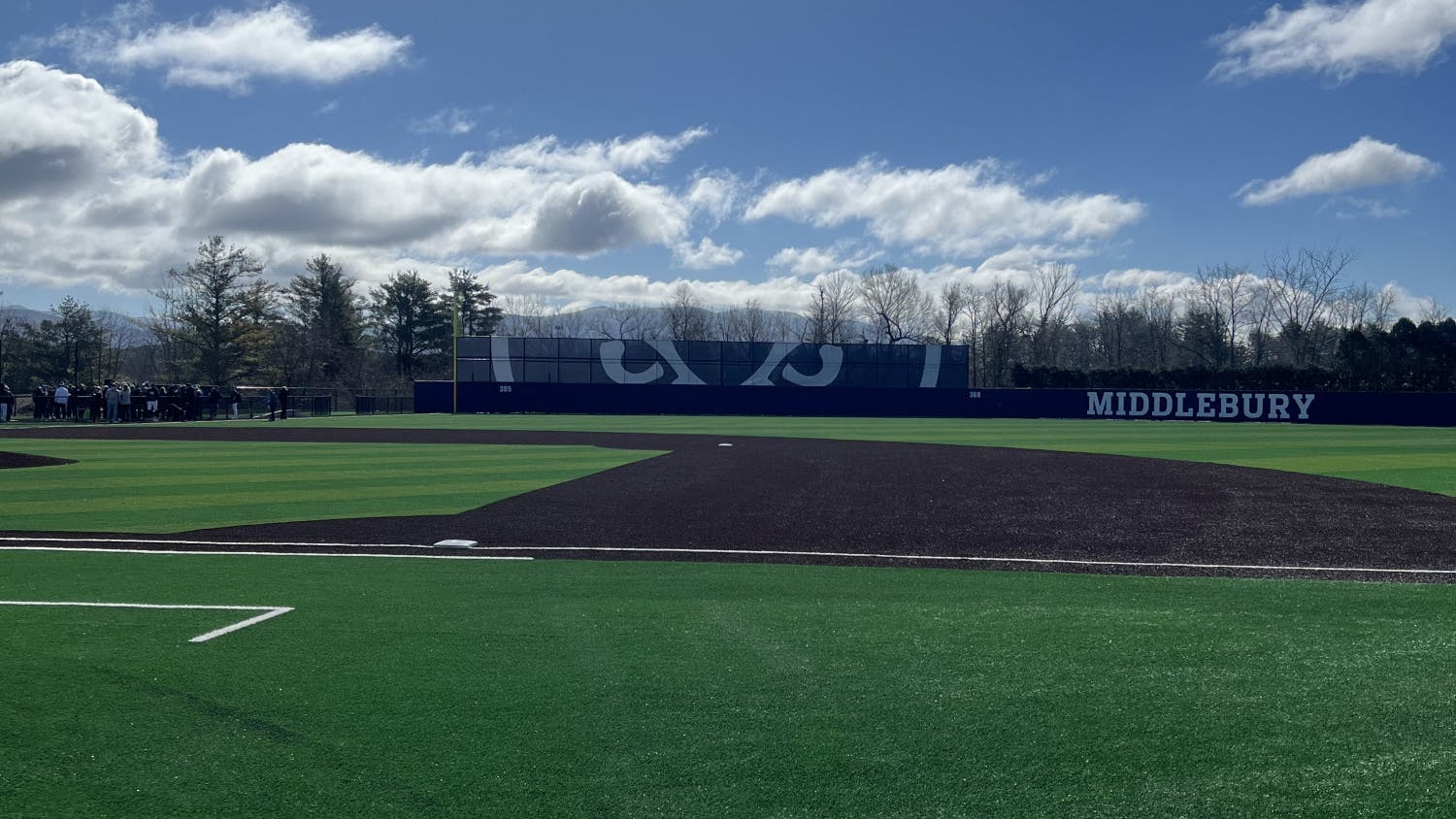For the past 15 years, the College’s Environmental Council (EC) has worked to further the College’s efforts on sustainability and to spread environmental awareness in the community. The EC recommends changes on the College’s sustainability policy and acts as an adviser to its President.
Avery McNiff ’12, the current sustainability communications and outreach coordinator, spoke to the high level of commitment behind the group.
“The call for applicants helped to recruit individuals who feel connected to our initiatives,” said McNiff. “[They] are excited about making significant progress and improvements this year.”
The EC acts to advise policy in four specific working groups: carbon neutrality, food and dining, grants, and “greening athletics.”
The phrase “greening athletics” is appropriately vague, as the EC has already tackled many small issues in the athletic department through sustainability initiatives such as replacing light fixtures in the athletic center and creating team environmental liaisons.
Now, the Council has plans to move on to more challenging topics.
Andrew Gardner, head coach of the Nordic ski team, has coordinated the athletic department’s sustainability program since 2005 and has been generally inspired by athletes’ environmental prerogative.
“The most impressive thing I’ve noticed in my time here is that most of the sustainability initiatives are self-driven from athletes,” said Gardner. “Not much has been mandated, meaning that every positive step we’ve taken has been done because people have been invested in it.”
These athlete-led initiatives cover a wide range of projects, including the lacrosse team “offsetting its season” by purchasing carbon allowances, to the ski team’s van running on vegetable oil for the past three years.
One of the central undertakings of the Council will involve changing the athletic culture’s ideology to reflect more of the institution’s overall sustainability mission.
In many ways, this concept is groundbreaking in the athletic community, an arena in which success is defined by reaching material wealth through stellar play. The world’s top athletes have new product lines and video games every season, which only encourage more consumption. This ideal is what Gardner seeks to upend.
“In competition, athletics is about efficiency and doing things cleanly,” said Gardner. “Athletes must extend this efficiency into their ways of life. For a skiing coach, climate change has a direct relationship with not achieving environmental sustainability, making sustainability something athletes should strive for.”
In other words, no snow means no skiing.
While most do not have their own product lines, athletes at Middlebury can play their part.Since 2005, Gardner has made a specific point of tracking how many cars enter and leave Kenyon parking lot each day for practice. What he found was that on an average day nearly 60 cars come and go between four and seven.
“In the time that I’ve been here, driving has increased substantially,” said Gardner. “It would be great to see fewer cars arriving every day, and some teams have certainly taken this on.”
Gardner spoke to the “missionary” aspect of the “greening,” in hopes that those who are dedicated to environmental issues already will spread the program’s message among athletes, coaches, fans and the community at large.
As the Environmental Council continues its work this year, look for more open parking spaces.
Environmental Council Promotes Green Sports
Comments



